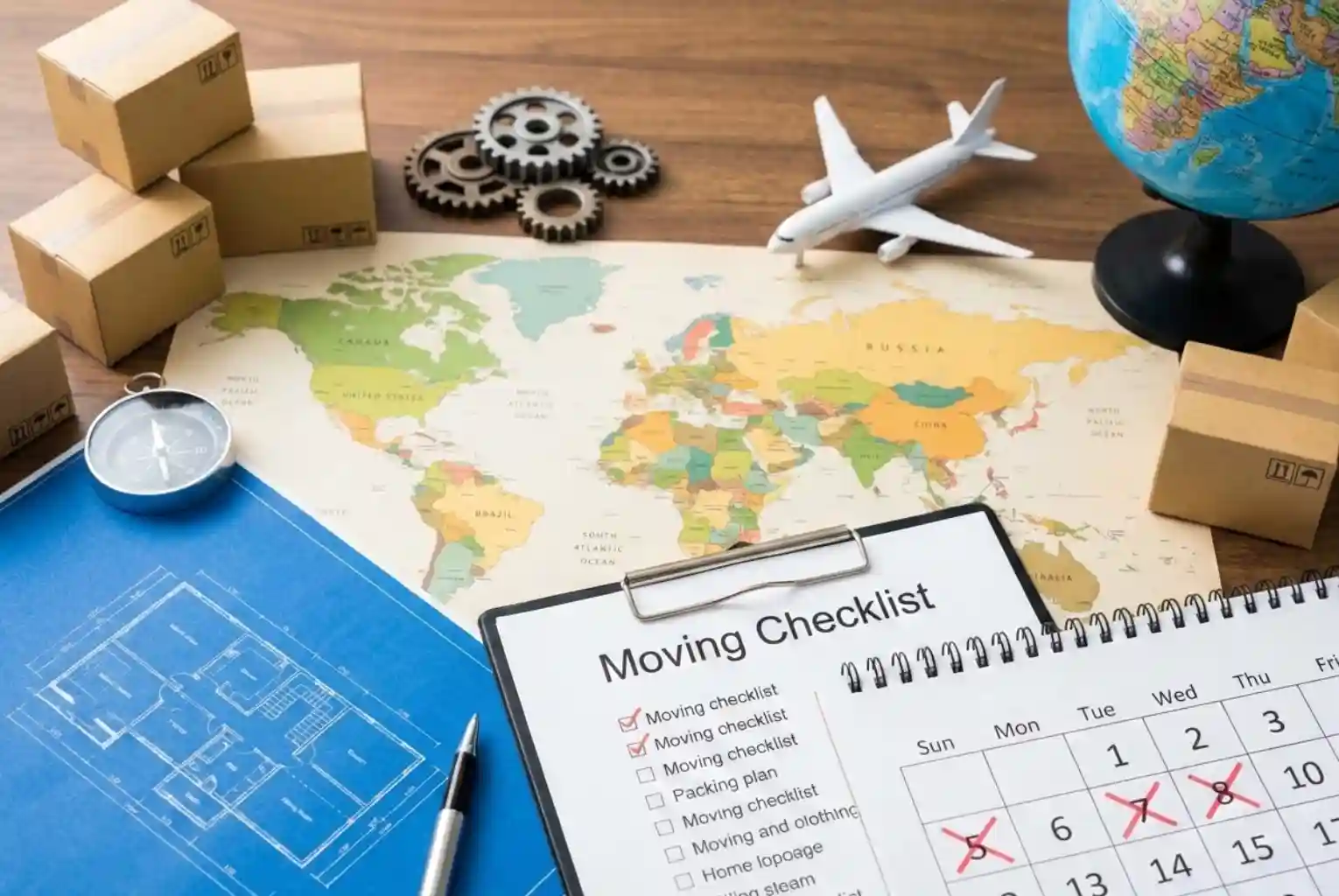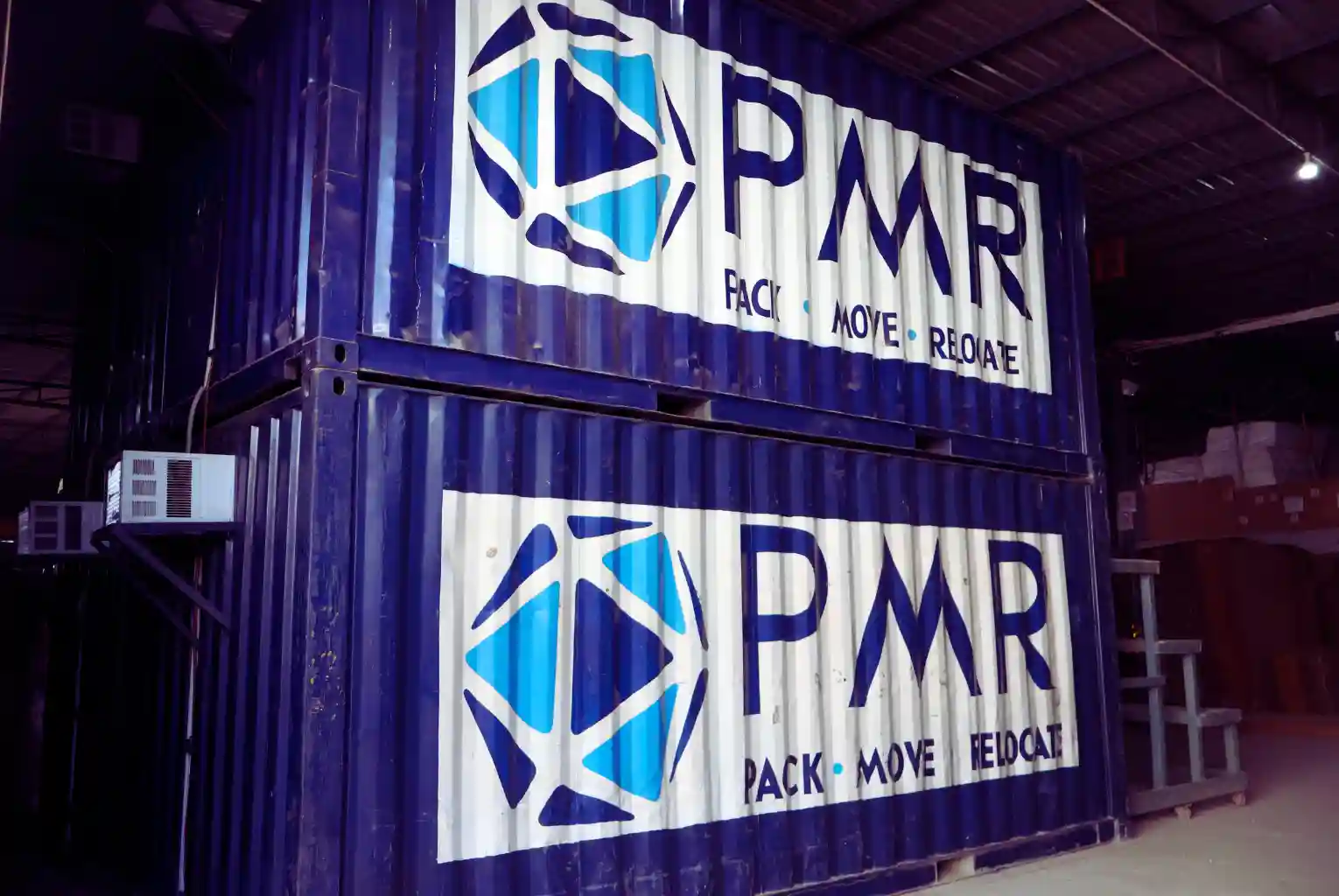HEALTHCARE SYSTEMS AROUND THE WORLD: WHAT EXPATS NEED TO KNOW

Introduction
Why Is Understanding Healthcare Important When Relocating Overseas?
One of the biggest worries for expats is the language barrier —particularly in case of emergencies or specialized procedures. That's why being aware of whether English-speaking physicians are available and how emergency services work can really enhance your quality of life overseas.
Public vs Private Healthcare: What’s the Difference?
As an illustration, the healthcare in Germany for expats is a statutory and private mix. While many residents and most expats have coverage under the public system, high-income individuals and self-employed people may subscribe to private policies. In nations such as America, however, healthcare is almost privatized and thus insurance becomes not only useful but essential.
Must-Know Tip: Always Check the Quality and Accessibility of Services
This is particularly important for families with children, elderly dependents, or individuals with chronic conditions. It’s also wise to research prescription medication.
How Do You Get the Proper Insurance Plan?
The cornerstone of a sound expat health plan is solid insurance. Many nations require foreign residents to carry some type of coverage—public or private—to become eligible for visas or residence permits.
This protection may vary from simple check-ups to complete hospitalization and consultant visits. Please make sure that you know whether you require travel health insurance or expat health insurance. Travel cover is excellent in case of an emergency or temporary stay, but long-term occupants require full-fledged expat policies that embrace regular care, maternity, as well as even dental treatment.
What If You Need Emergency Medical Care Abroad?
In other countries, particularly developing nations, emergency services might be scarce in rural regions. In these situations, it is important to have dependable emergency medical treatment for expats included in your insurance policy. Additionally, confirm if your embassy offers lists of accredited medical facilities or English-speaking physicians.
Healthcare Access for Expats: What Are the Challenges?
In other Asian or African countries, patients pay upfront and receive insurance reimbursement subsequently. European nations might have streamlined networks but mandate registration. Understanding the process serves to decrease confusion during emergencies and provides easier access to medical care.
How Do Different Countries Stack Up?
- Singapore: Dual system with top-quality private and public healthcare. Expats mostly utilize private insurance.
- Canada: Universal cover is available, but waiting periods are long. Private insurance is widely utilized for topping up.
- India: Low-cost private healthcare is found everywhere, with varying quality. Ideal for medical tourism.
- UAE: Quality care is provided, but the law mandates all residents, expats included, to have insurance coverage.
Mental Health and Specialized Care Abroad
Maternity services, pediatric care, and immunizations also come under specialized care, which could involve further research. For instance, some nations provide free maternity care under the public healthcare system, while others use private clinics extensively.
So, What Do Expats Need to Do Before They Relocate?
To ensure smooth and secure healthcare transitions:
1. Thoroughly research your destination.
2. Opt for the proper insurance plan that addresses your specific needs.
3. Familiarize yourself with local regulations, particularly for medication and paperwork.
4. Familiarize yourself with the rights and responsibilities you have in the nation's healthcare system.
5. Establish your network of neighborhood resources—clinics, physicians, and groups.
Let PMR Guide You for a Smooth Transfer
Ready to begin your global adventure the smart way? Contact PMR today!
Our Blogs

WHY SUCCESSFUL RELOCATION DEPENDS MORE ON RELOCATION PLANNING THAN DISTANCE
Successful relocation is rarely defined by distance—it’s driven by effective planning. From choosing the right storage solutions to coordinating warehouse timelines, smart relocation planning helps protect your belongings, reduce delays, and ensure a seamless transition. Whether it’s short-term storage or long-term warehousing, organized logistics play a critical role in making any move successful.

WHY YOUR BELONGINGS DESERVE A PAUSE: RETHINKING STORAGE AND WAREHOUSING SERVICES DURING RELOCATION
Relocation is not always a seamless door-to-door journey. Delayed handovers, international transit schedules, temporary housing, or sudden changes in plans often create a gap between moving out and moving in. During this uncertain phase, professional storage and warehousing services provide a safe, controlled environment for your belongings. From short-term holding to long-term storage, these solutions ensure your household goods remain protected, organized, and ready for the next step of your relocation—without adding stress to an already complex move.

WHY INTERNATIONAL RELOCATION TIMELINES OFTEN SLIP — AND WHAT YOU CAN DO TO STAY ON TRACK
International relocation timelines often look straightforward on paper—but reality tells a different story. Visa approvals, customs regulations, documentation gaps, port congestion, and coordination between multiple service providers can easily cause unexpected delays. Even small oversights early in the planning stage can snowball into weeks of disruption. This blog breaks down the real reasons why international relocation timelines slip and, more importantly, outlines practical steps you can take to anticipate risks, plan smarter, and keep your global move moving forward without unnecessary stress.



